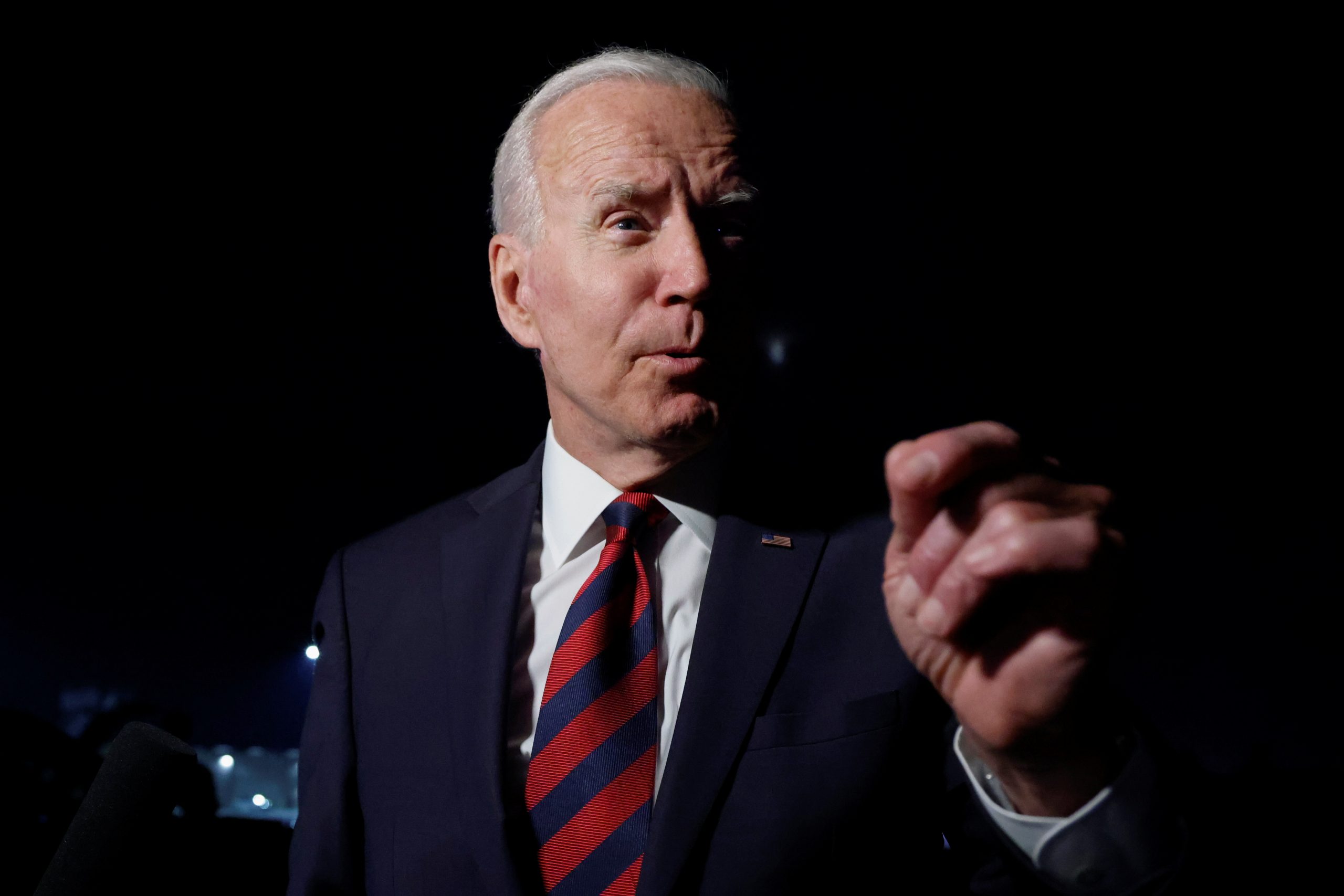
Samuel Case, FISM News
[elfsight_social_share_buttons id=”1″]
The Biden administration yesterday announced sanctions in response to anti-communist protests occurring in Cuba. These new sanctions specifically hit Alvaro Lopez Miera, defense ministers and the country’s special forces brigade for suppressing the protests. It’s been estimated 500 anti-government protestors have been arrested in Cuba.
In a statement President Biden described this action as “just the beginning” of sanctions against Cuban officials.
Today, my Administration is imposing new sanctions targeting elements of the Cuban regime responsible for this crackdown—the head of the Cuban military and the division of the Cuban Ministry of the Interior driving the crackdown—to hold them accountable for their actions. This is just the beginning–the United States will continue to sanction individuals responsible for oppression of the Cuban people.
Senator Marco Rubio (R-FL), who has been a vocal supporter of the protests, observed most Cuban officials already have sanctions against them, calling the actions “symbolic but meaningless.”
Biden sanctioning an already sanctioned regime official in #Cuba is the kind of symbolic but meaningless measure we will continue to see as long as @potus is being advised by people who were drinking mojitos in Havana in 2015 to celebrate the Obama policy#CubaLibre
— Marco Rubio (@marcorubio) July 23, 2021
Likewise, AP reporter Matt Lee, said to State Department spokesman Ned Price the administration’s actions don’t “do anything new.” Lee said “the special brigade of the interior ministry was already covered by Global Magnitsky sanctions,” adding that the impact “seems to be negligible.”
https://twitter.com/KyleMartinsen_/status/1418382966594625540
On top of the sanctions, Biden also said the United States is working with partners within the region to pressure Cuba to release political prisoners and bring back the internet for the people. Near the beginning of the protests the Cuban government shut down internet access, presumably to prevent protestors from communicating with one another and to stop them from sharing footage of abuses at the hands of law enforcement.
